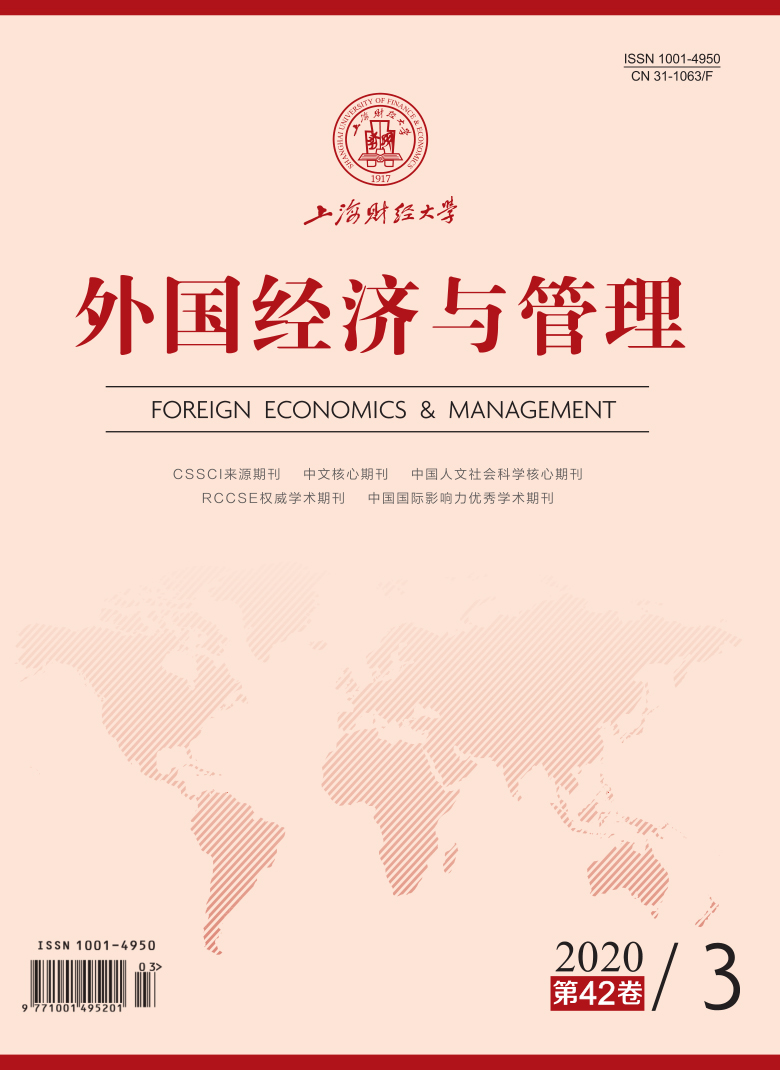Sampling from managers in Germany(Munich and Elsenburg), Japan and Mexico of a Chinese MNE, this study constructs a theoretical model of “triple-loop learning” through a case study. It illustrates effective learning patterns and learning strategies which are instrumental to varied levels. Thus, it provides a better explanation that, “effective” expatriate managers not only can “adapt” to cultural differences and overcome the “negative bias” caused by cultural barriers, but also can use cultural differences to create novel action plans working with partners and affect the formation of a fresh “negotiation culture”. Therefore, this model illuminates the process by which expatriate managers transform the cultural differences, from the “negative” resistance to management to “positive” assistance to innovation. Besides, the relationship between the transformation and the cross-cultural adaptation of expatriate managers is pictured.
It shows that in “single-loop learning”, expatriate managers adjust to management practices and behaviors through instrumental learning, aiming to conform to the culture of the new context. In “double-loop learning”, through transformative learning, they transform and rectify partial beliefs and values to form an interpretation framework closer to the current situation. In “triple-loop learning”, expatriate managers and cross-cultural partners recognize that the deep beliefs taken for granted are rooted in specific and “biased” social and cultural systems through dialogue learning. What’s more, they conduct sense-deconstructing and sense-reorganizing to the conflicting “potential basic assumptions”, emerging new action plans. These innovative action plans will integrate to organizational experience, laying a micro basis for the “negotiation culture”. From individual cultural adaptation to the promotion of organizational cultural negotiation, cross-cultural “triple-loop learning” nurture and develop the global leadership of expatriate managers.
The theoretical contributions are threefold: Firstly, the constructed “triple-loop learning” model integrates three different learning models, “instrumental learning”, “transformative learning” and “dialogue learning”, into a dynamic theoretical framework. Secondly, this study applies the “double-loop learning” theory to cross-cultural learning situations and expands it. Thirdly, this study replaces the “static culture” perspective of culturalism with a “negotiation culture” perspective, expounding the dynamic process of global leadership development and the micro-foundation of cultural evolution in cross-cultural workplaces. The cross-cultural “triple-loop learning” model established in this study can afford favorable theoretical implications and practical guidance for the cross-cultural management practices and global leadership development of expatriate managers.





 , 2
, 2 5867
5867  10514
10514

